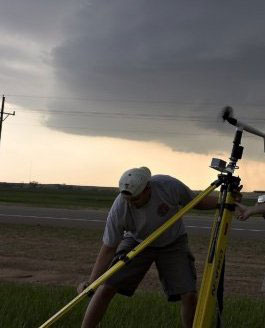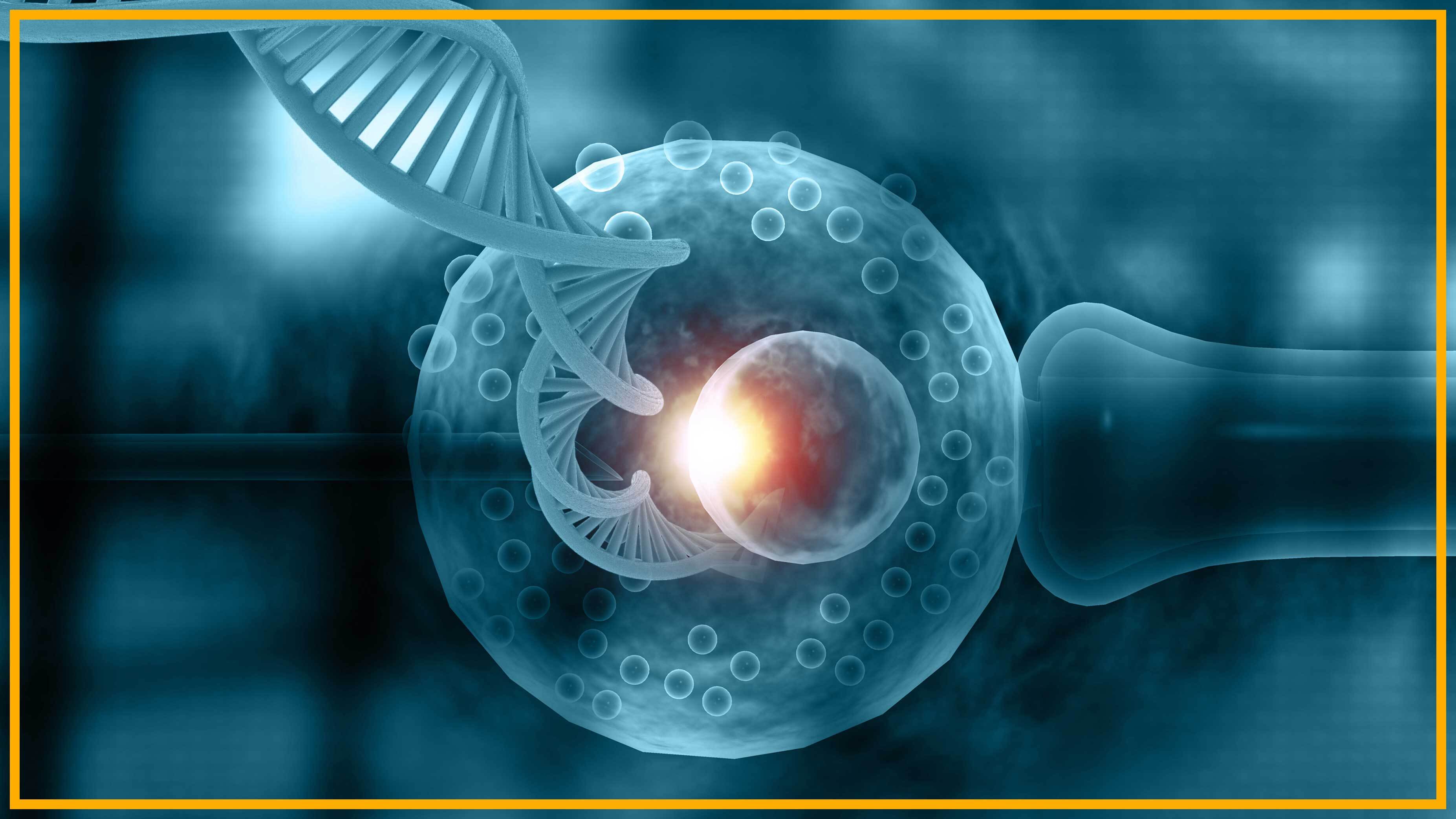Louisiana Native Takes on Storm Season

Get the world’s most fascinating discoveries delivered straight to your inbox.
You are now subscribed
Your newsletter sign-up was successful
Want to add more newsletters?

Delivered Daily
Daily Newsletter
Sign up for the latest discoveries, groundbreaking research and fascinating breakthroughs that impact you and the wider world direct to your inbox.

Once a week
Life's Little Mysteries
Feed your curiosity with an exclusive mystery every week, solved with science and delivered direct to your inbox before it's seen anywhere else.

Once a week
How It Works
Sign up to our free science & technology newsletter for your weekly fix of fascinating articles, quick quizzes, amazing images, and more

Delivered daily
Space.com Newsletter
Breaking space news, the latest updates on rocket launches, skywatching events and more!

Once a month
Watch This Space
Sign up to our monthly entertainment newsletter to keep up with all our coverage of the latest sci-fi and space movies, tv shows, games and books.

Once a week
Night Sky This Week
Discover this week's must-see night sky events, moon phases, and stunning astrophotos. Sign up for our skywatching newsletter and explore the universe with us!
Join the club
Get full access to premium articles, exclusive features and a growing list of member rewards.
Editor's Note: ScienceLives is an occasional series that puts scientists under the microscope to find out what makes them tick. The series is a cooperation between the National Science Foundation and LiveScience.
Name: Ian Giammanco Age: 29 Institution: Texas Tech University Field of Study: Ph.D. in Wind Science and Engineering
As a native of Baton Rouge, La., Ian Giammanco's interest in hurricanes was sparked at an early age when Hurricane Andrew made a second landfall in Louisiana, after its famed landfall in South Florida. He is the hurricane research team field coordinator at Texas Tech and has been with the team since 2003 for a total of 12 storm intercepts He began his studies in Atmospheric Science at the University of Louisiana at Monroe in 1997, where he was also a pitcher for their NCAA baseball team, and a teammate of former Milwaukee Brewer and National League All-Star, Ben Sheets. After completion of his degree, Giammanco joined Texas Tech as a master's student, staying on after that degree's completion to continue his research in the Wind Science and Engineering Research Center and complete an internship at NOAA's Hurricane Research Division under the direction of Mark Powell. He is also a technician-licensed HAM radio operator, call letters W5WWX. Giammanco will likely be departing Lubbock sometime this week for the first tropical storm action of the year. Although off to a slow start, the tropics are now cranking, with African waves ejecting storms almost once a week. For more information about the research, see this Research in Action article and visit www.atmo.ttu.edu/MOBILE. Giammanco responds to the ScienceLives 10 Questions below.
What inspired you to choose this field of study? I began majoring in Atmospheric Science and have always been fascinated by weather. Really, I was hooked after experiencing Hurricane Andrew in South Louisiana when I was in the 8th grade. After that I knew I wanted to study weather and have never looked back. I moved on to Wind Engineering for a Ph.D. to study how wind, specifically from hurricanes, affects man's built environment, and I have been fascinated by looking for ways in which we can mitigate damage caused by hurricanes.
What is the best piece of advice you ever received? "Control the controllables," which basically means controlling what you can control and that is all you can really do in life. My old baseball coach would use this all the time, but I think it applies to life as well.
What was your first scientific experiment as a child? To be honest I really can't remember the first. My dad is a physics instructor and electrical engineer so he was always showing my sister and I demonstrations. If I had a homework question in science, chances are that in figuring out the answer, a demonstration was involved.
What is your favorite thing about being a scientist or researcher? Basically searching through the unknown is fascinating. I also love field research and have always enjoyed going to the field and collecting scientifically relevant data from the real environment. As my graduate advisor says, "getting your hands dirty."
Get the world’s most fascinating discoveries delivered straight to your inbox.
What is the most important characteristic a scientist must demonstrate in order to be an effective scientist? I think being able to question your own work is a skill that one must have. Being critical of the work you do ensures it is of high quality. This often isn't easy but I think it is necessary for any scientist.
What are the societal benefits of your research? My work could have some implications on building codes for hurricane regions and potentially allow for an improvement in design standards for these areas.
Who has had the most influence on your thinking as a researcher? My graduate advisor, he has been a tremendous example and mentor for young scientists, as well as teaching me the research process, while also giving me the freedom to explore my own ideas.
What about your field or being a scientist do you think would surprise people the most? Well coming from Atmospheric Science/Meteorology, most people say "oh, you're going to be a meteorologist," thinking that I will be on television. My typical response is "I am a meteorologist, but I do research." Also, I think most people don't understand the level of math and physics required in this field. Meteorology is a very tough curriculum, then throw in some engineering and it gets even more difficult.
If you could only rescue one thing from your burning office or lab, what would it be? My external USB drive where my dissertation data is saved.
What music do you play most often in your lab or car? I listen to a lot of sports talk radio, but I am also a huge OAR fan, as well as a "Texas Country" music fan.
 Live Science Plus
Live Science Plus










